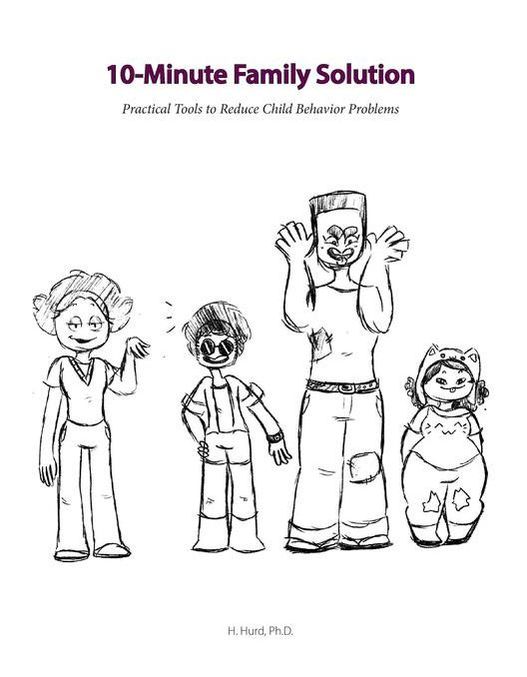
Welcome to Hurd Psychology! Dr. Hurd provides therapy, assessments, and consultation focused on ADHD, Autism, Learning Problems, Depression, and Anxiety for all ages.
Current Initiatives:
1. Mental Wellness Model (providing a model for mental wellness that is similar to Dental wellness in which best practice is two visits per calendar year to a mental health provider for ALL PERSONS). Lets Get Real About Mental Health
2. Many children past age 7 do not like school. Let's change this. OILS - Operation I Like School
- School survey school_likeability_survey.pdf
- Proposal operation_i_like_school__oils_.pdf
3. Foster Mental Wellness Through Educational Changes. Allow for increased flexibility for children, teens and young adults. Allow for more choice in classes such as being in class with a friend, and allow for changes to remove from class if the child does not have good repertoire with a teacher or classmates (allows for getting away from a bully). Provide a hybrid model as an educational setting for all (offering a model for completion of schooling that includes an online school option, but is completed at the school building with support and oversight by teachers with the options for attending some classes in person). Education Proposal to Support Mental Wellness, Fostering Mental Wellness in Schools, and College Plan for Mental Wellness and Prevention
4. Mental Health Symptoms Alert and Warning: Please be advised, in the past few years there has been an increase in mental health symptoms that are presenting differently than ever before (See the following). Prevention Model for Mental Wellness
Current Initiatives:
1. Mental Wellness Model (providing a model for mental wellness that is similar to Dental wellness in which best practice is two visits per calendar year to a mental health provider for ALL PERSONS). Lets Get Real About Mental Health
2. Many children past age 7 do not like school. Let's change this. OILS - Operation I Like School
- School survey school_likeability_survey.pdf
- Proposal operation_i_like_school__oils_.pdf
3. Foster Mental Wellness Through Educational Changes. Allow for increased flexibility for children, teens and young adults. Allow for more choice in classes such as being in class with a friend, and allow for changes to remove from class if the child does not have good repertoire with a teacher or classmates (allows for getting away from a bully). Provide a hybrid model as an educational setting for all (offering a model for completion of schooling that includes an online school option, but is completed at the school building with support and oversight by teachers with the options for attending some classes in person). Education Proposal to Support Mental Wellness, Fostering Mental Wellness in Schools, and College Plan for Mental Wellness and Prevention
4. Mental Health Symptoms Alert and Warning: Please be advised, in the past few years there has been an increase in mental health symptoms that are presenting differently than ever before (See the following). Prevention Model for Mental Wellness
Contact Hurd Psychology at:
Phone Number: 608 228 0750
Email: [email protected]
Madison Office:
700 Rayovac Drive, Suite 114
Madison, WI 53711
Wausau Office:
2405 Schofield Avenue, Suite 250
Weston, WI 54476
Phone Number: 608 228 0750
Email: [email protected]
Madison Office:
700 Rayovac Drive, Suite 114
Madison, WI 53711
Wausau Office:
2405 Schofield Avenue, Suite 250
Weston, WI 54476
608 228 0750
